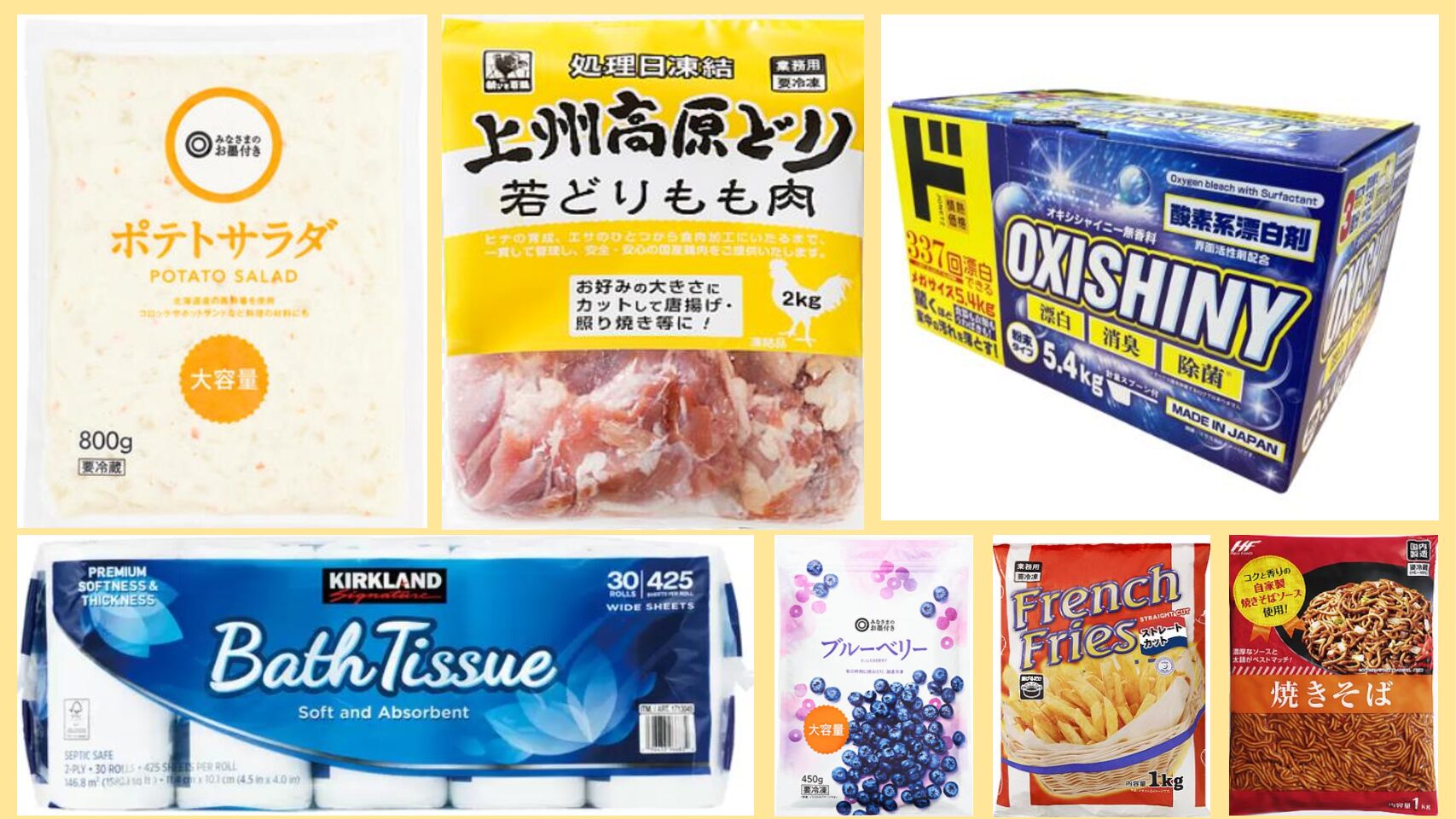In the field of food and everyday goods, the trend of private label (PB) products in large quantities continues unabated. Companies like Aeon and Pan-Pacific International Holdings (HD) are developing products that are two, three, and sometimes even eleven times the usual size. They aim to reduce costs by saving on packaging materials and streamlining logistics, thus offering consumers a lower price per unit and attracting them with “real price reductions” amid concerns about high prices.
When it comes to large quantity products, one might think of stores like Costco Wholesale and Kobe Bussan’s “Gyomu Super.” Consumers seeking value used to drive to suburban stores and load up their carts. However, since the onset of the COVID-19 pandemic in 2020, stay-at-home measures have been encouraged, and people have shifted towards online shopping or quick trips to nearby stores.
Don Quijote generate annual sales of 500million JPY ( 4.3 million USD) with a 10-can pack tuna.
Pan Pacific HD, which operates “Don Quijote,” is developing exceptionally large quantities of private label (PB) products. In 2021, they introduced a 10-can pack of “Light Tuna Flakes Bonito” under their PB brand “Passion Price.” Priced at approximately 86 yen per can, it was set at nearly half the price of equivalent manufacturer-branded products. This became a massive hit, generating annual sales of 500 million yen.


At the same time, japanese retailers see the disadvantages of large volume pack for following reasons.
- Shelf price looks expensive for customers in store: Large quantity products often come with price tags of 1000 yen or more, which can deter consumers from making impulsive purchases.
- Difficulty in finding cooperative suppliers: Finding suppliers willing and capable of providing large volume pack products can be challenging in Japan . Constraints related to production facilities and capabilities may limit the number of manufacturers willing to produce such items.
- Bulky nature: Large volume pack products are typically bulk, making them less convenient for both consumers and store staff. They can be difficult to transport, move around within the store, and handle due to their size and weight.
In Japan, where there is a significant number of single-person households and a tendency toward smaller homes and refrigerators, not everything can be successfully sold in large quantities. Aeon, for instance, focuses on expanding the quantity of food items that are consumed in larger quantities and can be sold at lower unit prices even in larger packaging. They emphasize products where various manufacturers have raised prices, which can have a significant impact on household budgets.
On the other hand, Seiyu points out that the food industry experiences trends and fads, and there is a risk of excess inventory once a temporary trend fades away. This is particularly relevant in a market where consumers have diverse preferences and household sizes.
As a result of the rising prices of fresh vegetables, frozen vegetables are gaining affordability, providing an alternative for consumers seeking cost-effective options.
Source: Nikkei MJ 22th December 2023

